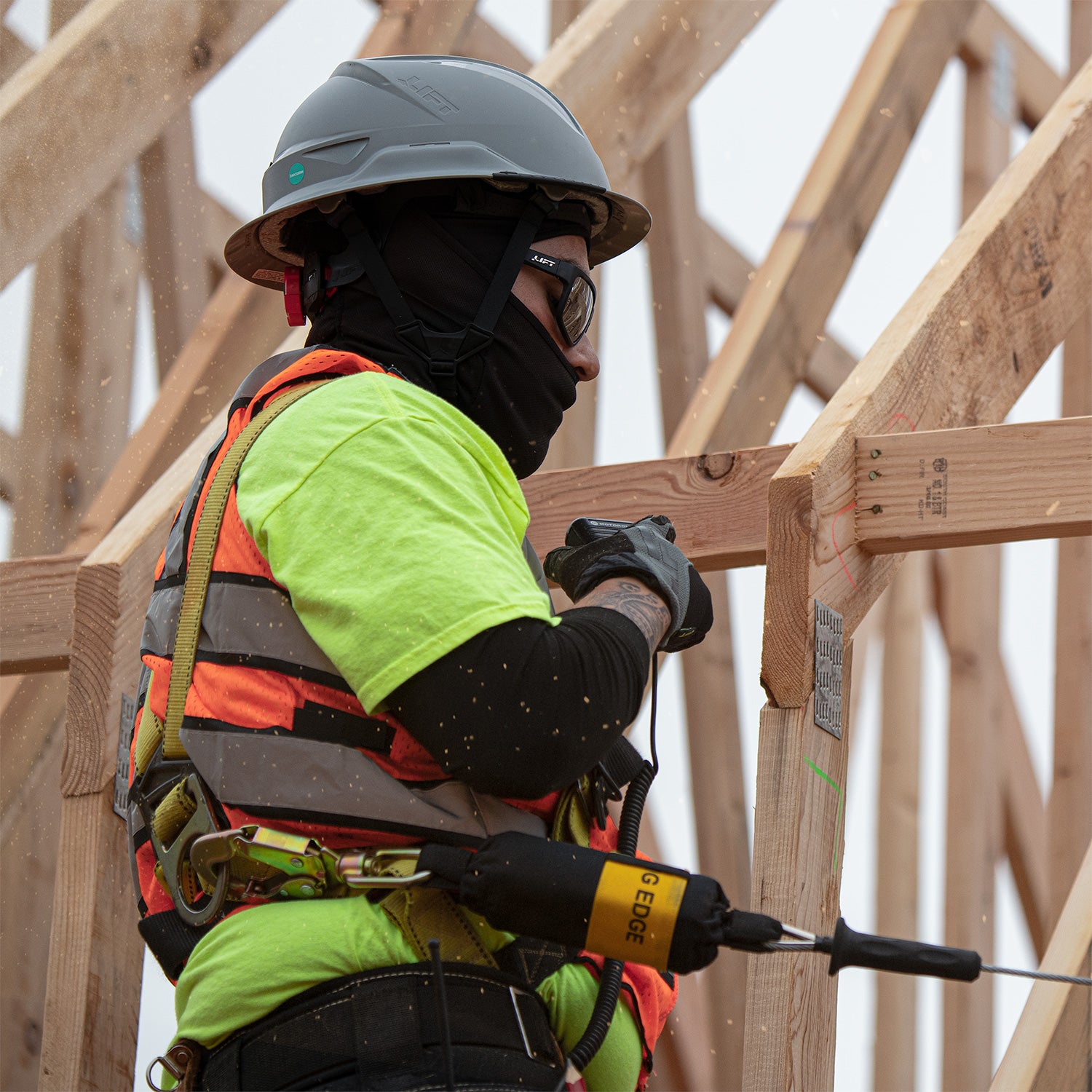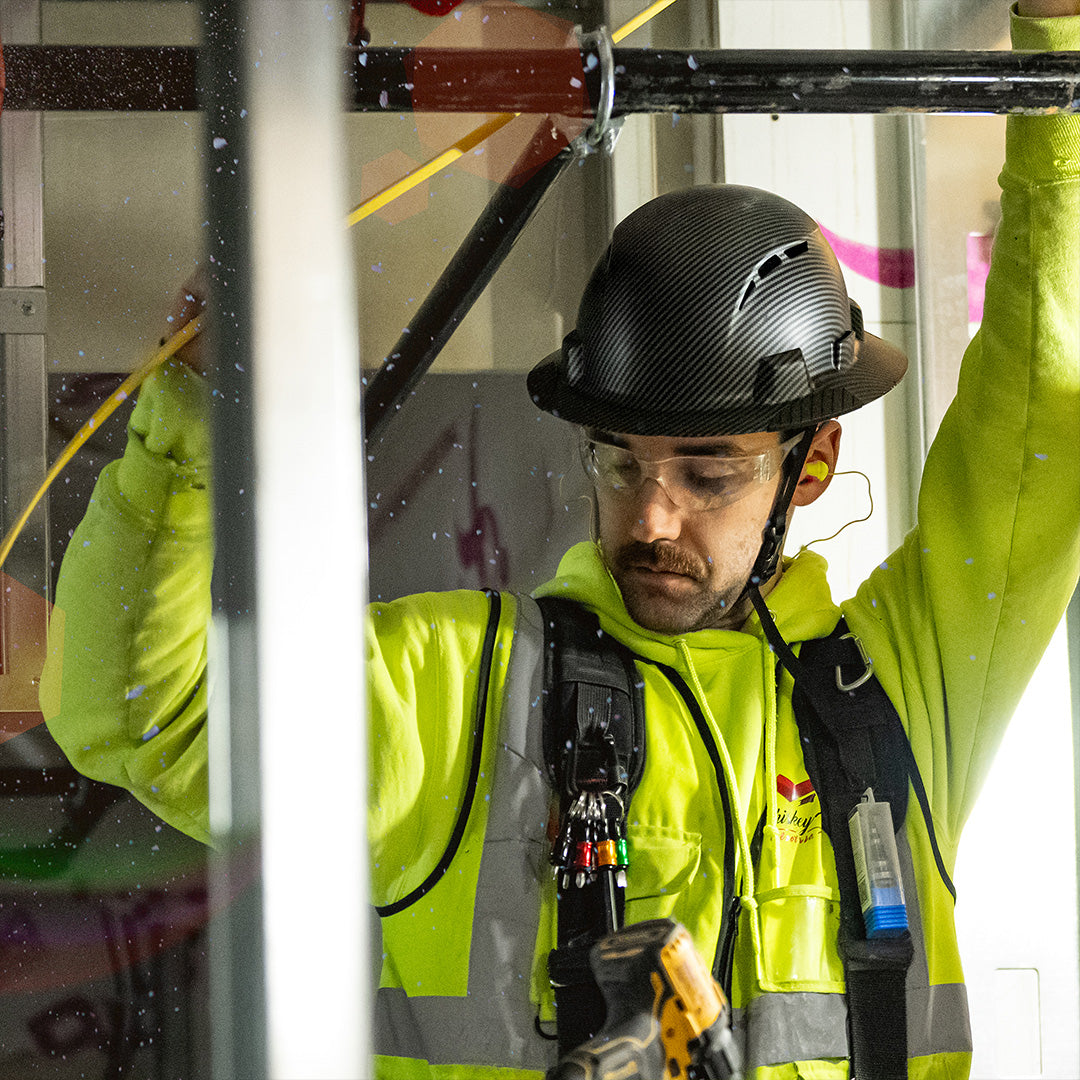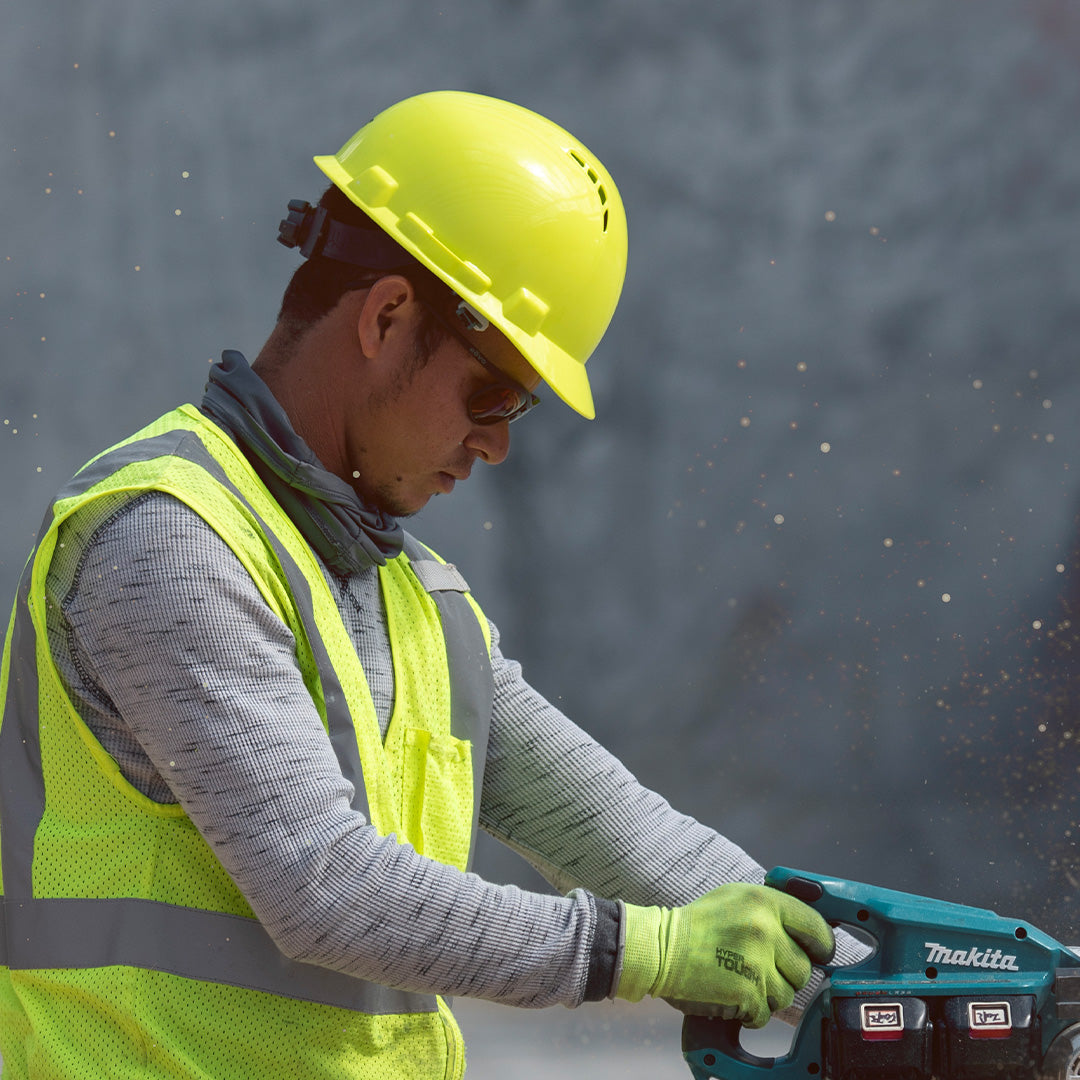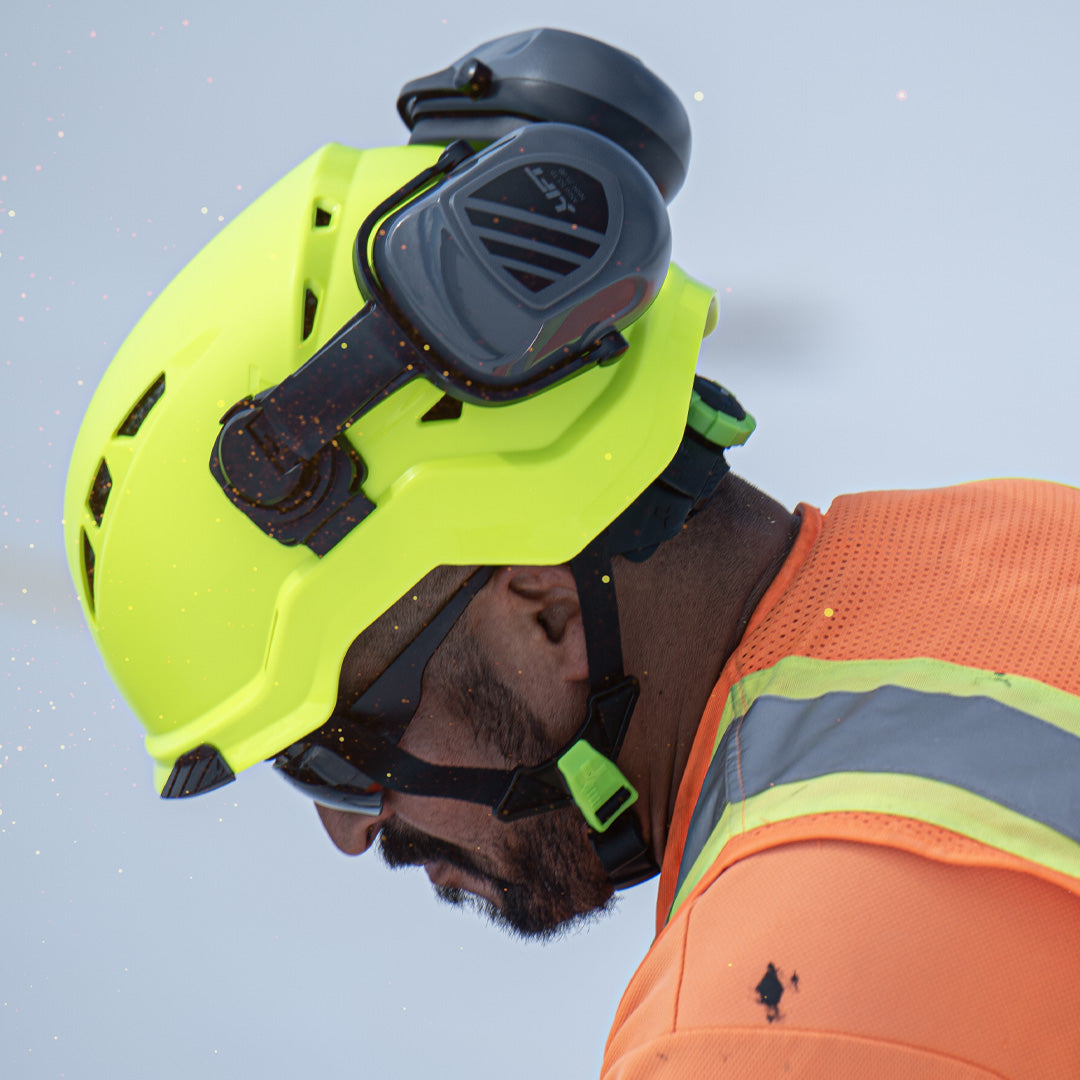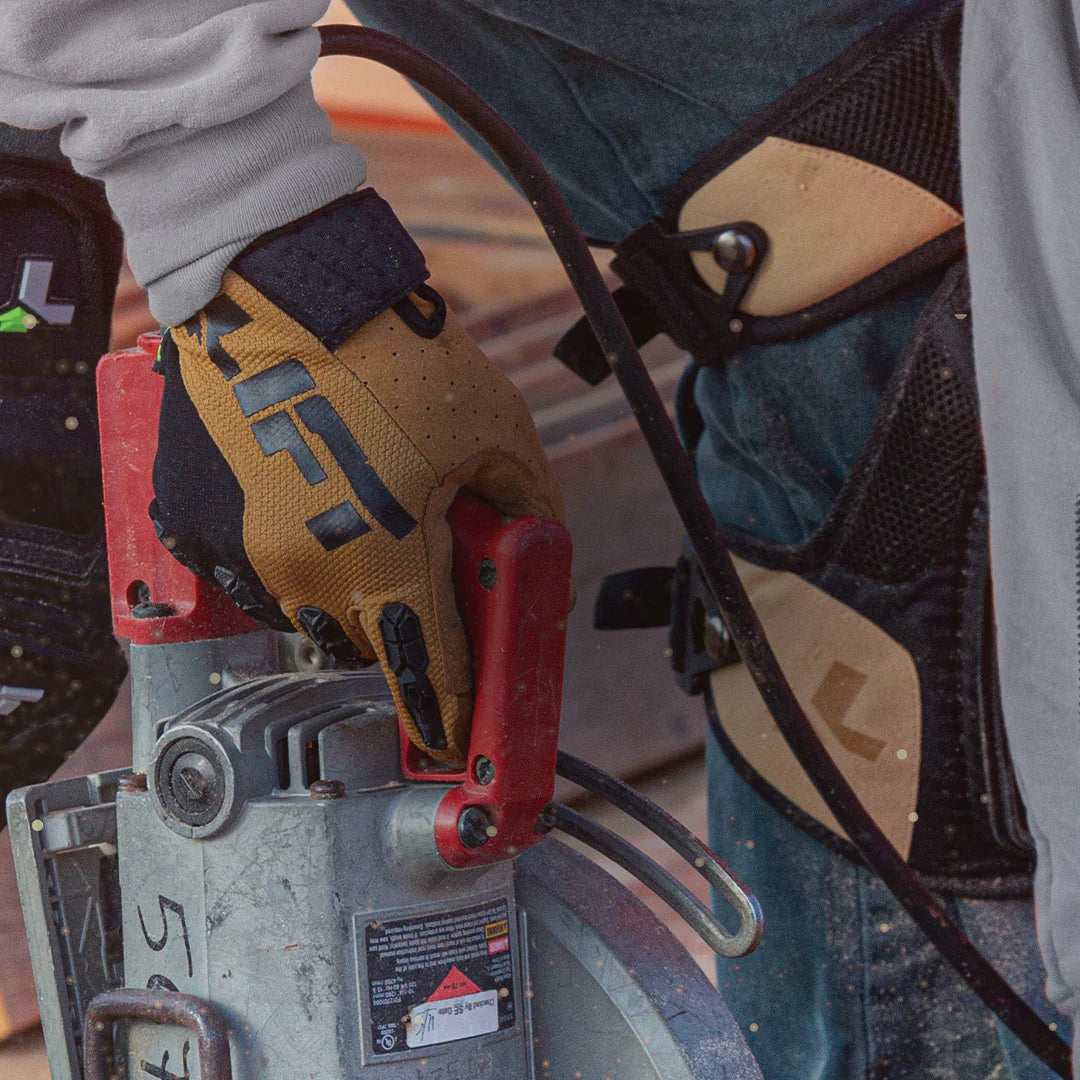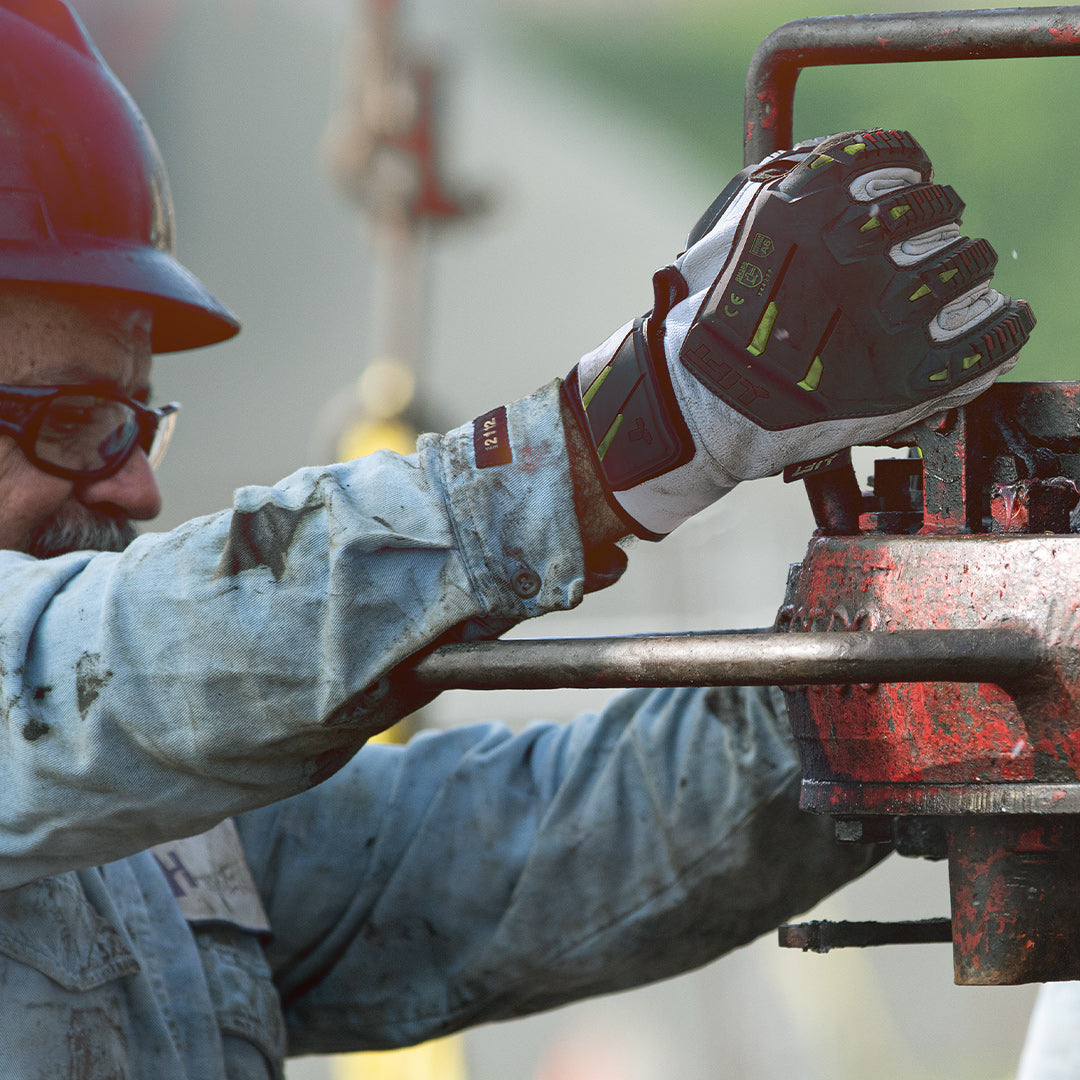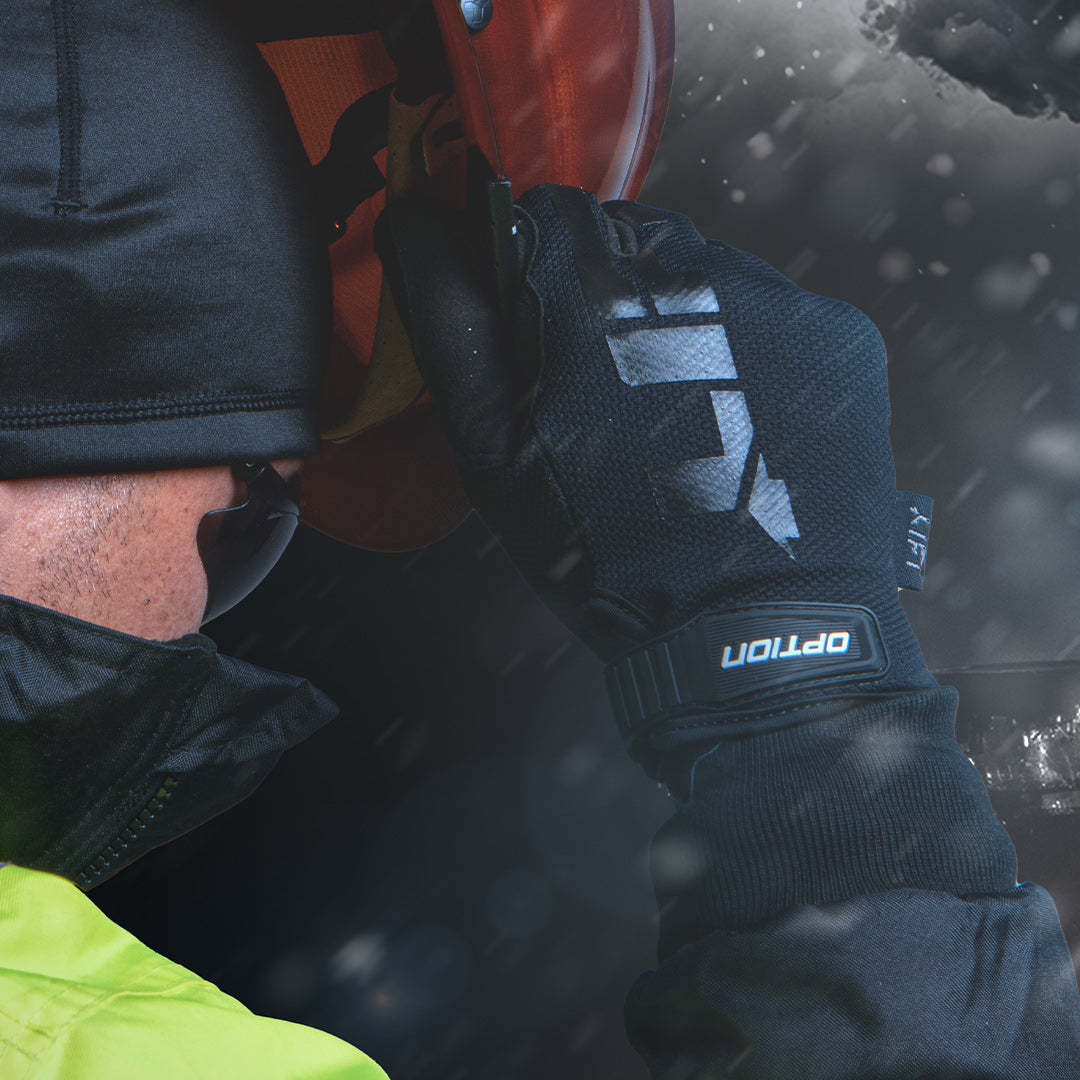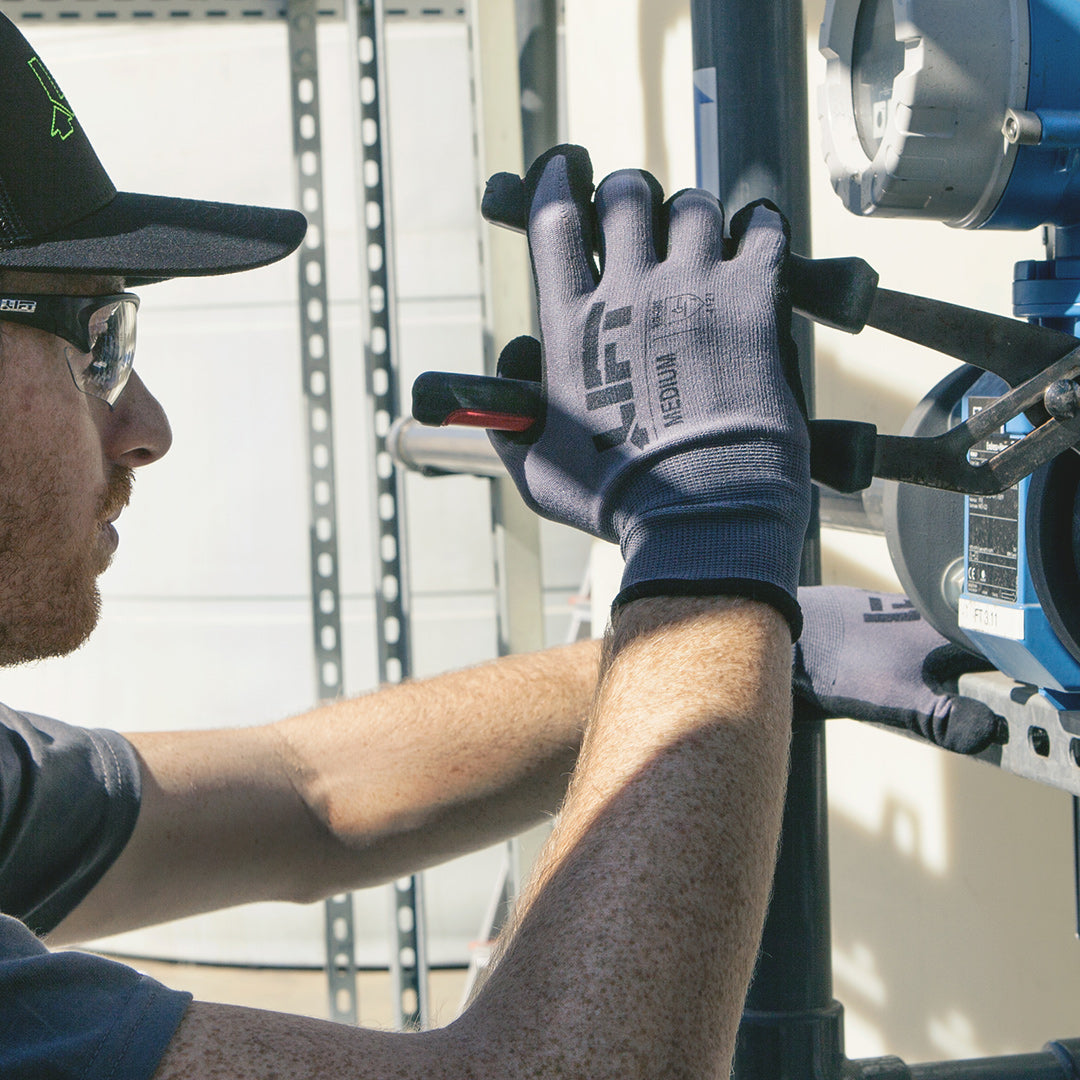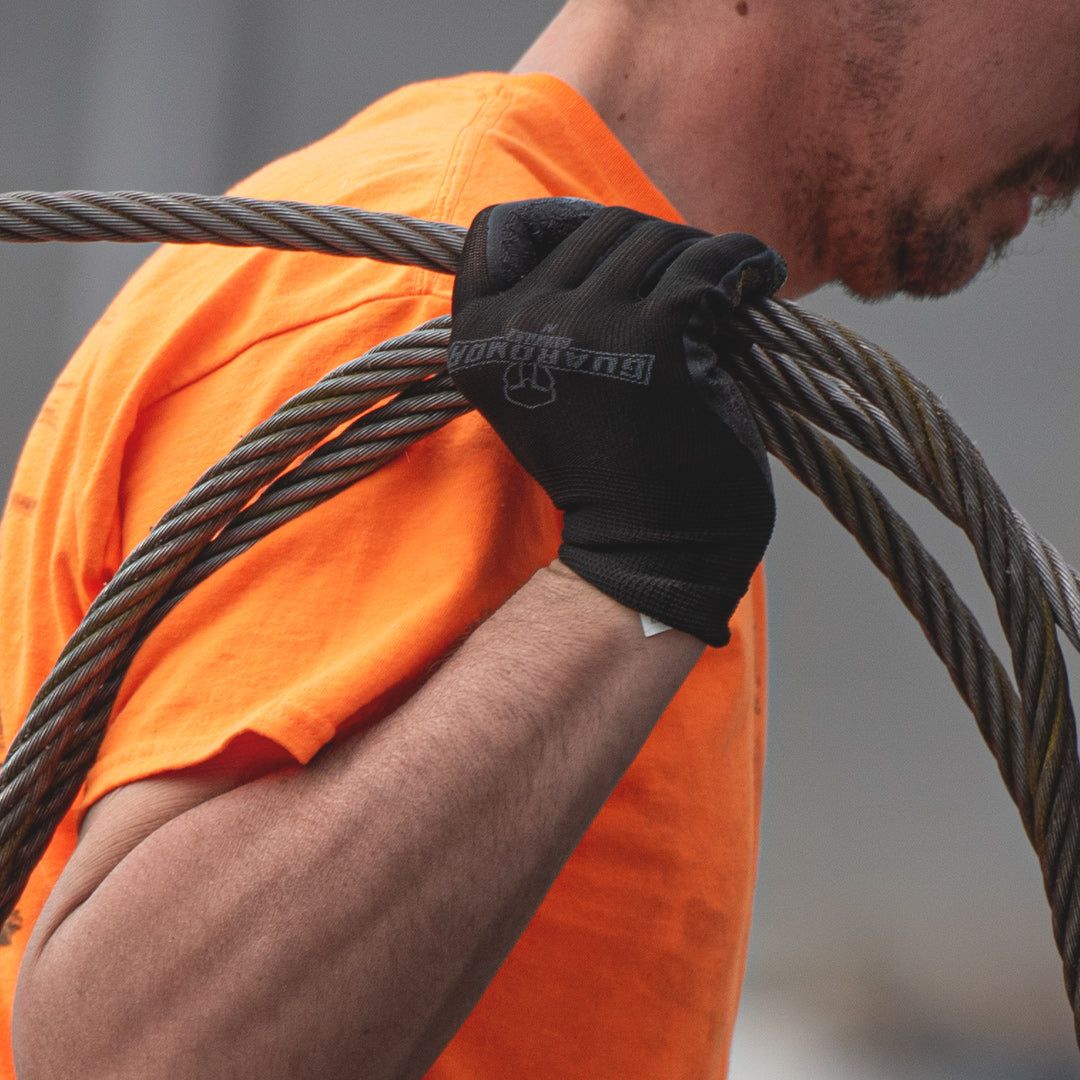Hard Hat Classification Chart
According to the Occupational Safety & Health Administration (OSHA), a hard hat must be worn “when working in areas where there is a potential for injury to the head from falling objects.” In addition, a hard hat must also be worn in working areas where there is the risk of exposure to electrical conductors that can potentially contact the head. In these types of environments, specially designed protective helmets are required in order to counteract the dangers of electrical shock hazards. Hard hats that are considered to be “OSHA approved” meet the minimum criteria established by the American National Standards (ANSI) and the International Safety Equipment Association (ISEA), in accordance with the most current ANSI/ISEA Z89.1-standards.
If a hard hat is necessary, the next step is selecting the most appropriate hard hat for your work environment. ANSI divided protective helmets into different types and classes. A hard hat type indicates the designated level of impact protection, while a hard hat class indicates the degree of electrical performance.
Class E Hard Hats
Class E (Electrical) Hard Hats are designed to reduce exposure to high voltage conductors, and offer dielectric protection up to 20,000 volts (phase to ground). This amount of voltage protection, however, is designated to the head only, and is not an indication of voltage protection allocated to the user as a whole. The BRIGGS Non-Vented Hard Hat or our iDAX Full Brim Non-Vented Hard hat are examples of a hard hats used by utility workers who are commonly exposed to high voltage environments on a daily basis. Formerly associated with a "Class B" rating, Class E hard hats may also be considered to have a Class G (General) rating, as their increased level of voltage protection surpasses the (lower) required standards of the Glass G testing procedure.
Class G Hard Hats
Class G (General) Hard Hats are designed to reduce exposure to low voltage conductors, and offer dielectric protection up to 2,200 volts (phase to ground). As is the case with Class E hard hats, this amount of voltage protection is designated to the head only, and does not account for voltage protection allocated to the user as a whole. The DAX Fiber Reinforced Hard Hat is an example of a Class G hard hat commonly worn by iron workers who require a certain degree of dielectric protection. Formerly categorized as "Class A," the Class G hard hat is the most commonly sold hard hat style.
Class C Hard Hats
Class C (Conductive) Hard Hats differ from their counterparts in that they are not intended to provide protection against contact with electrical conductors. On the contrary, Class C hard hats may include vented options, such as the BRIGGS Vented Hard Hat or DAX Carbon Fiber Hard Hat, which provides better impact protection.
Want to learn more about ISEA / ANSI ratings? Go to https://safetyequipment.org/



